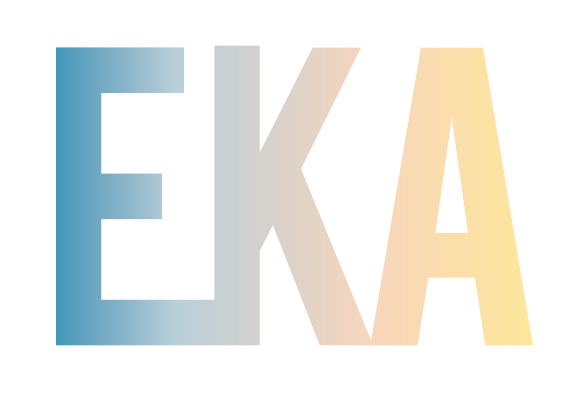Santa Barbara–based Matrix Oil proposed to drill fifty oil wells on a small part of the Puente Hills Landfill Habitat Preserve in the City of Whittier. The 1290-acre preserve was originally an oil field owned and operated by Chevron and Unocal. Over 500 oil wells operated for about 100 years until the land was abandoned in the early 1990s. Because of the dramatic increase in oil prices and the efficiencies that new drilling techniques employed, it was now possible to revive the oil field and about twenty million barrels of oil were expected to be produced over a twenty-five–year period. The City of Whittier negotiated a lease with Matrix that included a substantial payment of royalties—enough to cure the city’s budget problems for years to come.
EKA was retained by Matrix to educate the community about the benefits of the arrangement and to educate the public about the minimal impact of the project on both the nature preserve and surrounding neighborhoods. This was necessary to give the incumbents on the Council the political cover they needed to move forward with the deal while preparing to run for re-election.
Our communications program consisted of the following elements:
- Targeted videos, including a seven-minute video that combined facts about the project, images from the site and interviews with community leaders. We told the history of the site framed around the history of Whitter. By tying together the fact that the land was not a natural habitat but a closed oil field with the benign nature of the proposed project, we were able to neutralize one of the oppositions main arguments against it. A second video served to debunk false claims made by project opponents regarding sound issues. We used technical experts and computer-generated graphics to refute the lies in a video the opponents had produced and disseminated.
- A community outreach program with highly trained walkers and callers that resulted in the placement of more than 1,000 signs on household lawns throughout the city. The signs read, “Our Family Supports Whittier’s Future. www.whittieroil.com ”
- A direct-mail program that highlighted the environmental protection features and benefits of the project. Extensive website, social media and email programs reaching thousands of Whittier residents
- Newspaper ads that corresponded to the messages in the mail program along with television commercials on local cable
- Local spokespeople who agreed to sign letters to the editor and comment at the public hearings of the planning commission and the city council.
The city council hearings stretched on for six nights. The city council voted 5–0 for the project.




